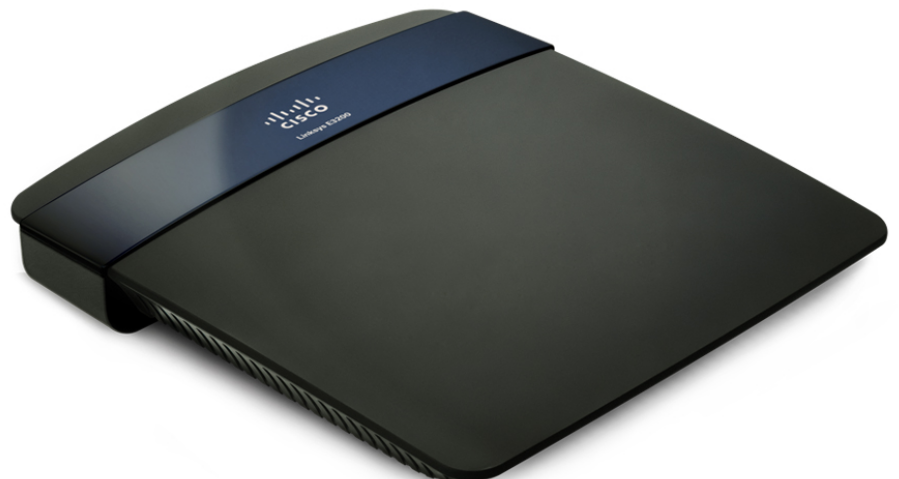How Wi-Fi could squeeze wireless carriers

AT&T, Verizon and Sprint---as well as every other wireless player on the planet---are betting they can squeeze more revenue out of customers due to booming demand for mobile data. The fly in the revenue growth ointment may just be Wi-Fi.
In a research note earlier this week, a team of Jefferies analysts made the case that Wi-Fi will squeeze the pricing power for mobile data. The issue boils down to this:
- We all know wireless data traffic is exploding.
- On the surface it makes sense that carriers would benefit.
- However, Wi-Fi serves as a substitute for wireless coverage in many cases.
- If Wi-Fi is viewed as a direct substitute then data revenue streams will be hurt.
Jefferies also noted that 65 percent of wireless data usage happens indoors and that benefits Wi-Fi. In addition, carriers don't add value to data traffic generally speaking.
Toss in the fact that public Wi-Fi hotspots are going to grow exponentially and you can offload a lot of that 4G and 3G traffic---and the charges that go with them---to Wi-Fi. Meanwhile, switching to Wi-Fi is generally seamless on most phones today.
Jefferies said in a report:
The current conventional wisdom is that Wi-Fi is a clear complement to mobile operator networks. Given the growth in mobile data traffic, Wi-Fi off-loading – whether to a carrier controlled hotspot or a public hotspot – is generally viewed as a positive development, as it reduces the load on the already heavily taxed carrier networks. However, we believe there is increasing evidence that Wi-Fi could ultimately be viewed as a threat to the mobile operators.
To be clear, we are not suggesting that Wi-Fi could somehow supplant the mobile carrier networks. Nor do we argue that Wi-Fi will not or should not (from the point of view of the mobile operator) shoulder a large part of future data volume growth. Rather, we observe that, with penetration levels in the US and Western Europe well above 100% of effective users, industry revenue growth expectations largely hinge on ARPU expansion. In our view, there are enough data points and anecdotal evidence to suggest that Wi-Fi could eventually impact the ARPU growth story negatively for the wireless operators.
That argument makes a lot of sense. Network quality, security concerns and traffic growth could minimize the Wi-Fi damage, but overall the Jefferies case sounds plausible.
As for winners and losers, AT&T comes out ahead since it owns the most Wi-Fi hotspots. BT is also building out Wi-Fi connections. Clearwire and Vodafone were seen as losers on the carrier side. On the hardware front, Cisco, Ruckus Wireless, Aruba Networks, Broadcom and Qualcomm are likely winners if Wi-Fi grabs mobile data traffic.
